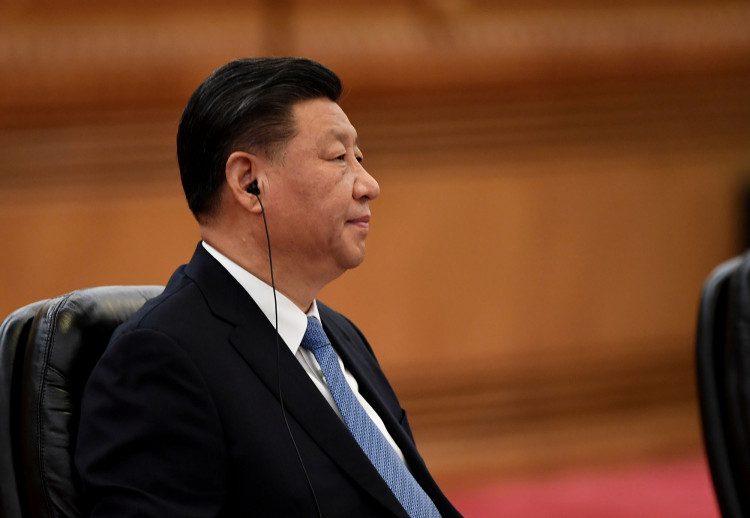Chinese President Xi Jinping is using a diplomatic tour of Southeast Asia to bolster Beijing's influence in the region, calling for resistance to "unilateral bullying" and reaffirming China's commitment to free trade just as the United States escalates its tariff threats. His visit comes days after President Donald Trump announced sweeping new tariffs, including duties up to 145% on Chinese imports, sparking turbulence in global markets.
Xi arrived in Hanoi on Monday and was welcomed with full state honors by Vietnamese President Luong Cuong. During a meeting with Vietnam's Communist Party General Secretary To Lam, Xi declared that China and Vietnam "have brought the world valuable stability and certainty" amid global turbulence. "We must strengthen strategic resolve... and uphold the stability of the global free trade system as well as industrial and supply chains," Xi said, according to Xinhua.
Xi added: "As beneficiaries of economic globalization, both China and Vietnam should strengthen strategic resolve, jointly oppose unilateral bullying acts, uphold the global free trade system, and keep global industrial and supply chains stable." The comments, made during a period of mounting U.S.-China economic friction, stopped short of naming Washington directly but drew immediate response from Trump.
Reacting to the Hanoi meeting, Trump said from the Oval Office: "That's a lovely meeting. Meeting like, trying to figure out, how do we screw the United States of America?" The former president added, "I don't blame them," referring to both China and Vietnam.
Xi's stop in Hanoi included a wreath-laying ceremony at the mausoleum of Ho Chi Minh. The two countries signed multiple agreements, including plans for supply chain cooperation and a joint railway project. Xi also promised expanded access for Vietnamese agricultural goods to Chinese markets, though details were sparse.
The geopolitical significance of the trip has intensified amid escalating trade tensions. While the visit was reportedly planned prior to the latest tariff announcements, analysts say Beijing is seizing the opportunity to portray itself as a stabilizing economic partner. "While Trump seems determined to blow up the trade system, Xi is positioning China as the defender of rules-based trade," said Stephen Olson, a former U.S. trade negotiator.
Vietnam, like other Southeast Asian nations, has been caught in the crossfire. Trump had announced potential tariffs of up to 46% on Vietnamese goods before granting a 90-day pause. Nonetheless, Susannah Patton, director of the Southeast Asia Program at the Lowy Institute, cautioned that Vietnam will be careful to "manage the perception that it is colluding with China against the United States, as the US is too important a partner to put aside."
On Tuesday evening, Xi arrived in Kuala Lumpur for the second leg of his trip, where he is scheduled to meet Malaysian King Sultan Ibrahim and Prime Minister Anwar Ibrahim. China and Malaysia are expected to discuss a long-anticipated free trade agreement with the 10-member Association of Southeast Asian Nations (ASEAN), which Malaysia chairs this year.
Kao Kim Hourn, Secretary-General of ASEAN, told CGTN that the agreement would "bring more tariffs down to zero in many cases, and then expand to all the areas." China is already Malaysia's largest trading partner and top source of foreign direct investment, with several ongoing Belt and Road projects, including an $11.2 billion railway.
Xi's visit also coincides with an announcement by Malaysian telecom provider U Mobile that it will build the country's second 5G network using Chinese infrastructure firms Huawei and ZTE-deepening Beijing's technological footprint in the region.
"Now is really a golden opportunity for China to score that narrative win," Patton said. "I think this is how Xi's visit to Vietnam, Cambodia and Malaysia will be seen."
Despite trade ties, Malaysia has pushed back on Beijing's maritime claims. In September, Prime Minister Anwar reaffirmed that Malaysia would not yield to Chinese pressure to halt oil and gas exploration in disputed areas of the South China Sea, stating the activities remain within Malaysia's territorial waters.






